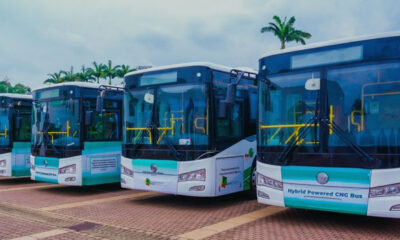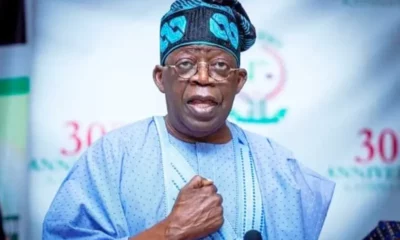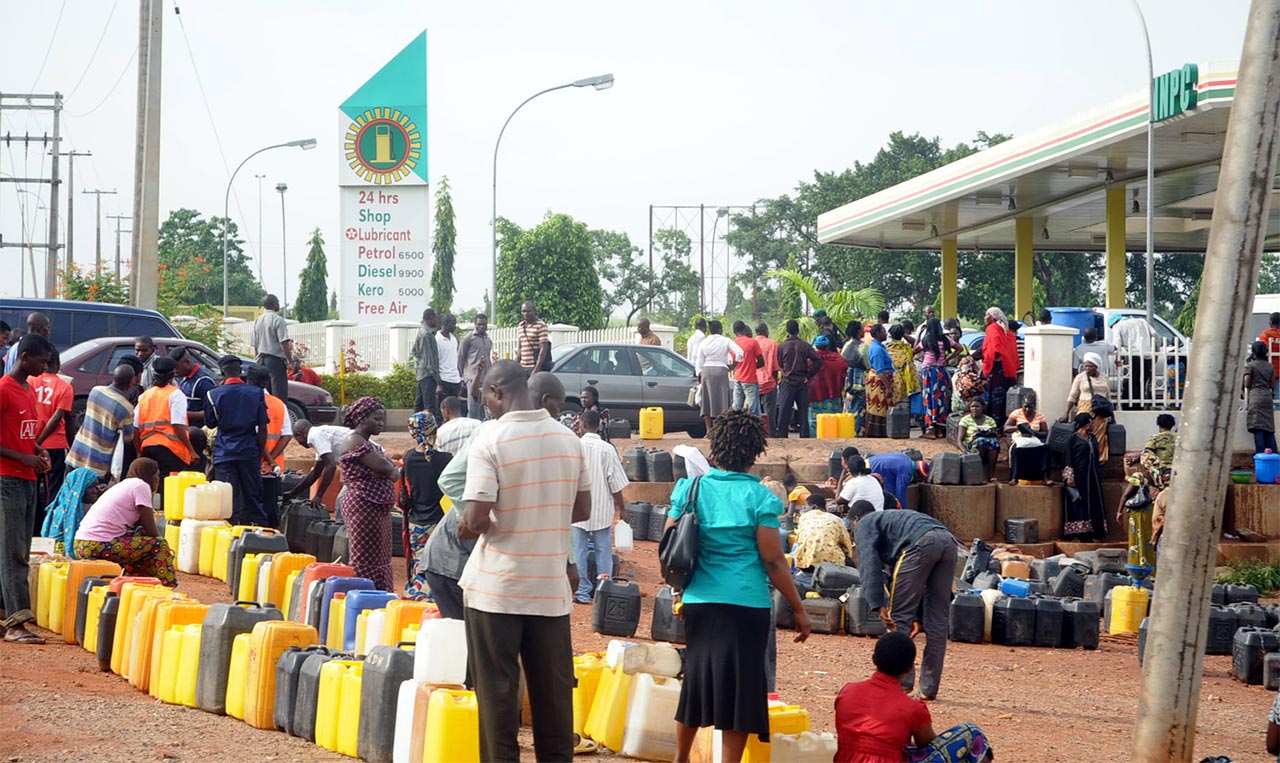Latest News
World Bank reveals how much Nigeria government spends on students annually

Nigeria has one of the lowest education spending in the world, devoting only a paltry $200 to each student per year.
World Bank Senior Director and Head of its Education Global Practice, Mr. Jaime Saavedra Chanduvi, gave this indication at a 2-day stakeholders’ workshop in Abuja on Sustainable Funding for Education in Nigeria, jointly organized by the Ministry of Education and the Ministry of Finance.
Chanduvi, who described funding education as absolutely critical to build the human capital that the nation needs, said the country was only spending about 1.7 per cent of its total Gross Domestic Product (GDP) on education which is inadequate.
“Nigeria is spending about 1.7 per cent of its GDP on education and unfortunately that number is too low; that number is about 3.7 per cent in Mexico, 3.8 per cent in Indonesia, and 5 per cent in Kenya.
“Another way of seeing the challenges is how much we are spending per student; Nigeria is spending $200 per student per year. So what’s that figure in Mexico, its $800; what’s that figure in my country, Peru, it’s $1000,” he said.
The global bank official noted that the world needs 60 per cent investment in education and health, while Nigeria requires about 34 per cent of its investment on health and education to overcome its current challenges in the sectors.
He said the world was facing a crisis in its basic education subsector as 50 per cent of all the children who are in school are not able to read and write.
According to him, in the past decade, there has been a wide expansion of schools but unfortunately many of the children in school are not learning, adding that the world has to improve and Nigeria as a key player must also improve.
“Nigeria is a key global player. For the world to work, Nigeria has to work. Nigeria has the highest population of any African nation, it’s the 7th most populated country in the world. For the world to improve, Nigeria has to improve,” he said.
Chanduvi said in addition problems of access, Nigeria also had quality problems in its education system even as he stressed the importance of teachers to improve the learning process in the classroom, and the critical nature of school management, adding that the country needs to have excellent bureaucrats at all tiers of government
Also speaking, the Minister of Education, Adamu Adamu, urged the federal and state governments to start allocating at least 15 percent of their annual budgets to education.
Adamu said despite the articulation of several strategic roadmaps by past and present administrations to address the challenges in the sector, the number of out-of-school children, youth and adult literacy, poor teacher education including data management and weak curriculum were still present in the sector.
“For a start, federal and state governments should allocate a minimum of 15 percent of their annual budgets to education. Governments at both tiers should further determine the minimum level of funding for each institution and utilize acceptable budgeting parameters which must be built on national accreditation and global benchmarks.
“There is no doubt that the education sector in Nigeria is grossly underfunded and there is also no doubt that this has negatively affected the quality of education in Nigeria,” he said.
Vice President Yemi Osinbajo, who was represented by the Minister of Budget and National Planning, Udo Udoma, said one of the factors that is important in achieving quality education is availability of adequate funding.
Osinbajo noted that funding was the key to provision of quality resources including best practices that make quality education available and achievable.
“It is important therefore, to be able to generate and allocate enough funds to guarantee quality education. Having said that, availability of funding alone will not guarantee quality education.
“The funds must be well managed and not wasted, teachers must be well trained and well-motivated. The curriculum must be well designed to ensure that it is relevant to the needs of the country,” he said.























